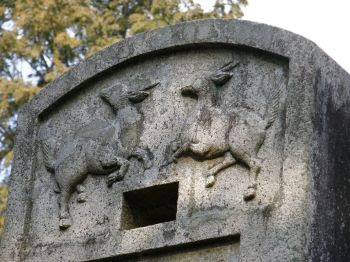「自由への遠い道」から
ネルソン・マンデラの自叙伝「自由への遠い道」を読んでいたら、次のようなな考えさせられる文に出くわした。当時、彼は37歳前後で、南アフリカのヨハネスブルグで弁護士をしていたが、次のような出来事があった。
これを読むと、南アフリカの白人がいかに黒人を見下していたかが分かる。白人女性は、マンデラが小銭欲しさに車を動かしたと思っていたようだ。
------------------------------
ある日、私たちの弁護士事務所の近くで、白人の老婦人の車が、二台の車に挟まれていました。私はすぐに駆け寄って車を押し、挟まれている車をその外に出しました。婦人は私のほうを見て、英語で「ありがとう、ジョン」と言いました。ジョンというのは、名前の分からない黒人を白人が呼ぶ名前です。それから婦人は私に六ペンス硬貨を渡そうとしました。私は丁寧に断りましたが、婦人はまた硬貨を渡そうとしました。それで私は「いいえ、要りません」と押し返しました。すると婦人は強い口調で、「六ペンスが要らないのは、一シリング欲しいからでしょ。あげるもんですか!」と言って、硬貨を私に投げつけ、車を発進させました。
注(1シリング=12ペンス)
I have
found a thought-provoking passage in “Long Walk to Freedom” written by Nelson
Mandela. He was an attorney in Johannesburg, in South Africa when the following
incident happened. He was at that time around 37 years old. It illustrates how black
people were looked down on by whites. The woman must have thought Mandela moved
her car because he wanted change in return.
***************************************
Note: one shilling equals 12 pence

















